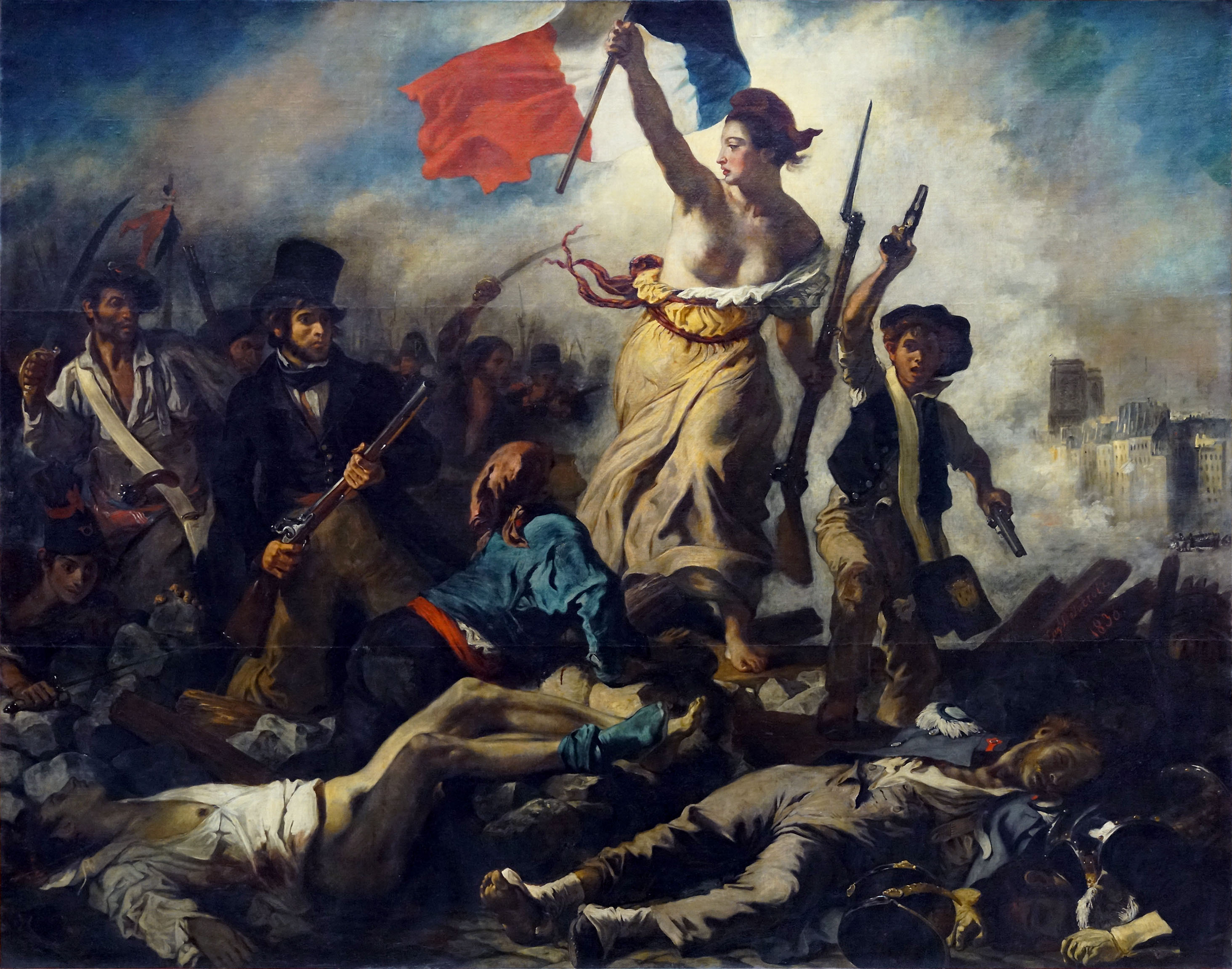Feminism and Women’s Rights

Today, we'll talk about feminism and the rights of women. This text originated as homework for my English speaking group, where we discuss a new topic each week. It was created from a misunderstanding; we were only meant to write keywords and sentences, but I ended up writing out a full transcript. I've decided to publish it as a snapshot of my thoughts at the time. Please note that it is not a scientific article but rather a personal reflection on the subject.
I must say at the outset that I haven't read enough on this topic. I have many areas I wish to research, and feminism has not yet been a priority. I will likely read more deeply on the subject in the future when the time comes. However, like everyone, I have some preconceptions and intuitions. First, we must know the definition of feminism. According to the encyclopedia, feminism is a view that advocates for political, economic, and social equality between the sexes. I will use this definition from here on.
A Brief Historical Context
Feminism as a collective movement began with the French Revolution [1]. Let's briefly examine the history before discussing why it is necessary and useful.
Women's Rights in Ancient Greece
Ancient Greece, though known for its individualism, was not a progressive place for women. Women could not vote, own land, or inherit property. We know from Plato's *Symposium* [3] that women were often seen primarily in terms of procreation, while pederastic relationships between men and boys were common. A poem by Anacreon about the tomb of Menacrates even suggests a sense of shame was associated with loving women: "I wasn't content with only the love of boys. I have been with virgin women too. That's why they will criticize me." [2] In short, the situation for women was dire. However, we must remember that this was the case all over the world. One cannot blame a civilization from thousands of years ago for not being feminist. Ancient Greece was at the pinnacle of science, philosophy, and art, yet it fell short on the issue of women's rights.
Christianity (and a brief note on Islam)
After Jesus, Christianity began to spread. In many respects, the situation for women grew worse than in Ancient Greece, with women sometimes being killed for arbitrary reasons. A primary example is Hypatia of Alexandria, a renowned mathematician, astronomer, and philosopher, who was murdered by a Christian mob [4]. This event set a dark precedent. For the sake of brevity and to avoid offending, I won't delve deeply into a comparison of women's rights in the Islamic world and Christianity. However, I can say that the historical status of women in both worlds has seen periods of both subjugation and empowerment, often differing from the ideals presented in their core texts.
The Result of a Long Struggle
We see that almost all ages before the French Revolution failed to uphold the rights of women. Of course, some initiatives were made, but they lacked seriousness and collectivity. After the Revolution, we began to see influential women writers like Jane Austen, Virginia Woolf, and Mary Wollstonecraft emerge, marking the beginning of a serious movement.
The sad situation of women is captured in these words by Wollstonecraft [5]: "Even if I were in a desert, I would desire to live independently, securing my most basic rights... but we do not have them." This book was written in the 19th century. Its translation and widespread recognition took many years, which I believe shows our own failures on this topic.
In summary, women suffered until modern times. Women's rights may seem normal in this age, but they were won with great difficulty. Some people despise feminism, but we owe a great deal to the movement. We've seen why it was necessary and briefly examined its history. Now, why is it useful?
Equality and Justice
Most philosophers and historians agree that without the feminist movement and its philosophy, we would not see the level of women's rights we have today. In my opinion, history itself is proof of this [6].
And now, we can ask: are women and men equal? In my view, they are equal in the political, economic, and social spheres. I can find no logical reason for a lack of gender equality. Some argue that we should look at the relationship through the lens of justice, not equality, but I will not delve into that particular debate here.
In my opinion, all genders are equal. Feminism is both necessary and useful, and we should not look down upon it.
References
- Raymond, Gino (2008). *Historical dictionary of France*.
- Şahin, N. Eda Akyürek. *Antik Yunan Edebi Kaynakları 1. Teoslu Şair Anakreon ve Anakreonteia*. p.137.
- Plato. *The Symposium*.
- Tuna, Soner. *İskenderiyeli Hypatia*.
- Wollstonecraft, Mary. *A Vindication of the Rights of Woman*.
- Messer-Davidow, Ellen (2002). *Disciplining Feminism: From Social Activism to Academic Discourse*.